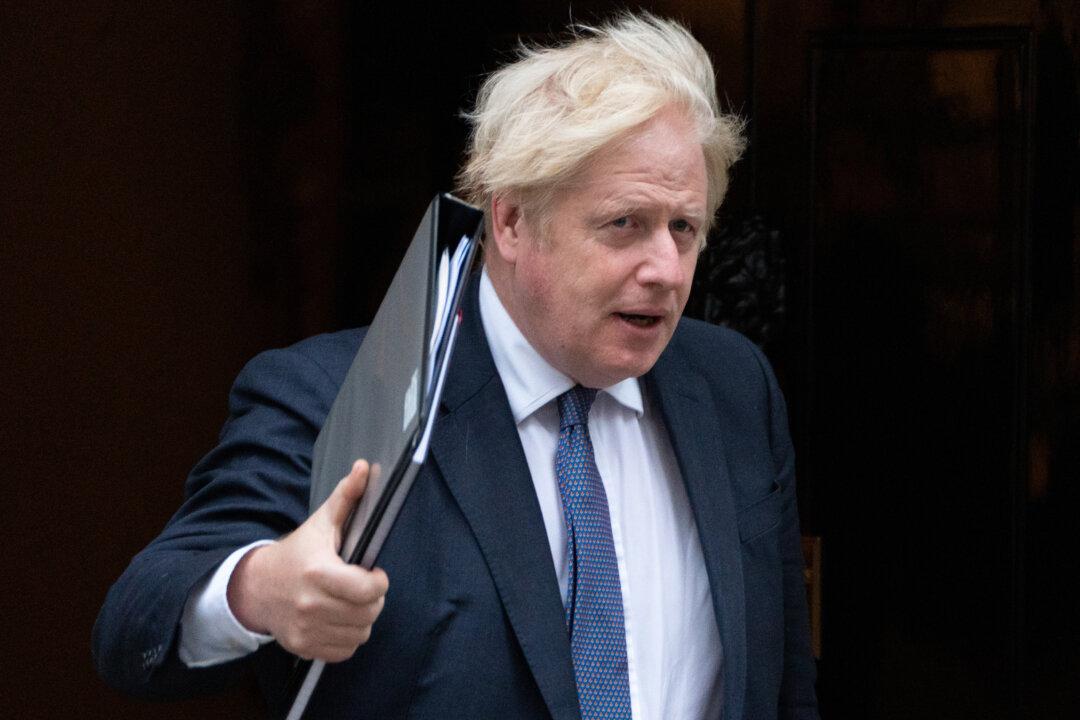The UK is planning to give sanctuary to about 5,000 at-risk Afghan citizens by next year and up to 20,000 long-term, the government has announced.
Western countries are currently scrambling to evacuate their citizens and their Afghan allies from Afghanistan, and preparing for an incoming refugee crisis as the future of the country is unclear with the Taliban in control.





